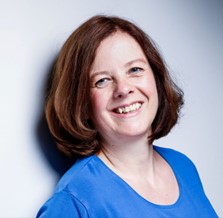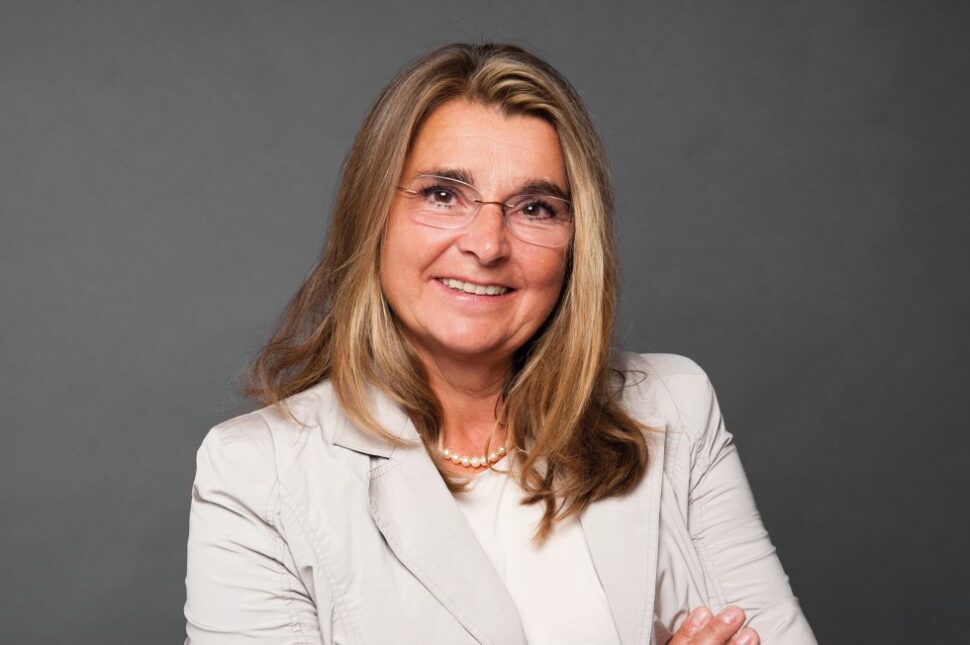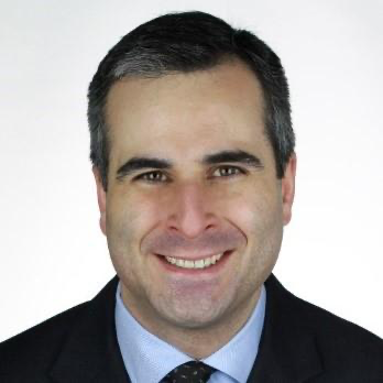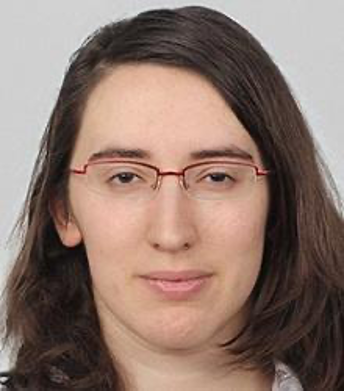Description of Activities
Overall, I am taking a more holistic view of the AI standardisation roadmap while pursuing in parallel my contributions to specific AI standards in SC 42 and JTC 21.
Impact on SMEs (2nd Open Call)
While it is feared that a large number of standards associated with the AI Act could create an excessive burden for SMEs to understand and implement the new requirements, on the other hand, if there remain gaps in the standards’ coverage of the AI landscape, this will create huge challenges for SMEs whose products sit precisely in such areas (inability to comply).
Impact on SMEs (4th Open Call)
There is growing concern regarding the impact of the upcoming AI Act on the activity of SMEs in that field. While it is feared that a large number of standards associated to the AI Act could create an excessive burden for SMEs to understand and implement the new requirements, on the other hand if there remain gaps in the standards’ coverage of the AI landscape, this will create huge challenges for SMEs whose products sit precisely in such areas (inability to comply). I have started to make increased efforts to reach out to SMEs and collect their views and needs in those regards, and I am leveraging those inputs throughout my contributions in the various standards as well as in coordination.
Impact on SMEs (6th Open Call)
There is growing concern regarding the impact of the upcoming AI Act on the activity of SMEs in that field. While it is feared that a large number of standards associated to the AI Act could create an excessive burden for SMEs to understand and implement the new requirements, on the other hand if there remain gaps in the standards’ coverage of the AI landscape, this will create huge challenges for SMEs whose products sit precisely in such areas. I have started to make increased efforts to reach out to SMEs and collect their views and needs in those regards, and I am leveraging those inputs throughout my contributions in the various standards as well as in coordination.
In parallel, and beyond the considerations for the AI Act, I am also including in my work continuous considerations for interoperability aspects, which appear to be key to enable easier entry into the market for European SMEs.
Impact on society (2nd Open Call)
My work serves as support to the preservation of consumer rights, by enabling more transparency, comparability, and clarity on the actual performance of AI systems in the market.
Impact on society (4th Open Call)
My efforts are currently focused on answering the standardisation request that CEN-CENELEC JTC21 received from the European Commission in relation to the AI Act. As the target dates grow closer, it seems that the current pool of experts is not sufficient to answer the diverse needs expressed in the request. I have thus initiated reinforced outreach efforts, as well as onboarding sessions for new experts.
Organization
NLP lead scientist for Defense and security applications, Inria
Proposal Title (2nd Open Call)
Towards accurate, transparent, and explainable systems in AI and NLP, in support of the AI Act
Proposal Title (4th Open Call)
Supporting the AI Act with standards for trustworthy systems and datasets in AI and NLP
Proposal Title (6th Open Call)
R in ISO/IEC AWI 24970 on AI logging, in JTC 21’s work item JT021024 on AI Risk Management, JT021029 cybersecurity of AI systems, or JT021039 quality management system for regulatory purposes.
Standards Development Organisation











